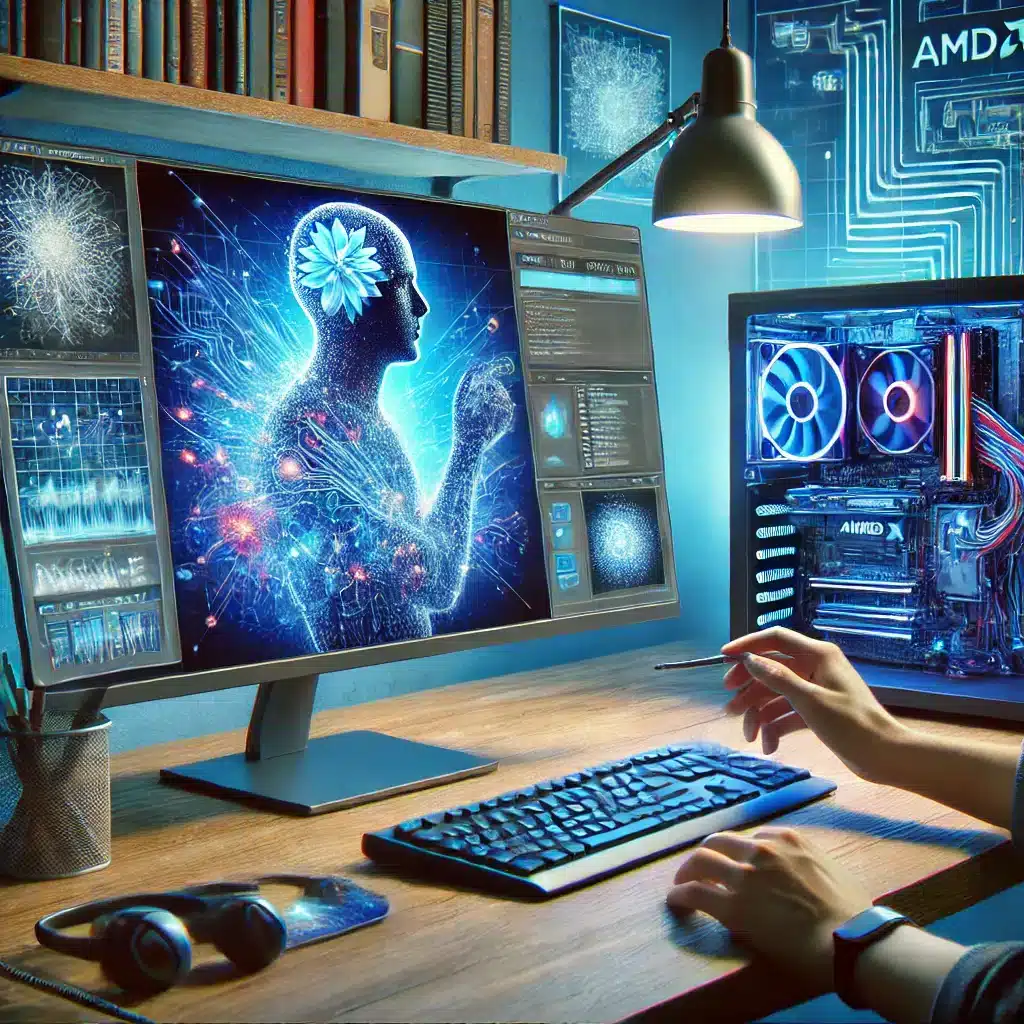Understanding AI Ethics and Intellectual Property
AI ethics play a pivotal role in our digital age. The balance between AI advancement and the ethical use of intellectual property rights requires careful consideration. A recent article titled “UK arts and media reject plan to let AI firms use copyrighted material” discusses this very challenge. Creative industries are vehemently opposed to a UK proposal allowing AI firms to use copyrighted material without explicit permission. Therefore, maintaining respect for existing copyright laws is essential.
However, AI developers argue for a more open market to facilitate use. Consequently, they emphasize the potential for stifling innovation if too strict a copyright regime exists. The challenge lies in creating a regulatory environment that nurtures innovation while protecting creators’ rights. This balance is critical. Furthermore, it assures fair compensation for creators whose works are used in AI training.
The Impact of AI on Content Creators
Significantly, the use of online data for AI training impacts content creators. For example, a piece by Business Insider titled “Tragedy of Suchir Balaji Puts ‘Death by LLM’ Back in the AI Spotlight” highlights these concerns. OpenAI’s practices involving the use of internet data have prompted public debate. Similarly, this sheds light on decreasing traffic to original content providers like Stack Overflow after AI’s proliferation.
Such phenomena point towards a less rich internet and threaten creators’ livelihoods. As a result, some experts argue this undermines incentive structures critical to fostering vibrant online content. Nonetheless, AI companies like OpenAI defend their copyright practices, stating they are protected by fair use principles.
Seeking Equilibrium: Legal and Ethical Considerations
Striking a balance is no small feat. As a result, stakeholders including governments, tech firms, and creatives must explore new regulatory measures. On the other hand, ethical considerations should not stifle technological progress. Ethical AI use must aim to empower creators, acknowledging their work’s value and potential market impacts.
Moreover, as AI ethics evolve, it is crucial to craft policies that bolster both innovation and fair compensation. This is an integral part of modern AI architecture, where data fuels machine learning capabilities. Consequently, stakeholders must navigate complex copyright landscapes carefully. Ultimately, a holistic approach to AI ethics ensures equitable practices while supporting innovative growth.
In conclusion, the ethical use of AI concerning intellectual property demands urgent attention. Encouraging dialogue between developers and rights holders is essential. This collaboration can lead to sustainable solutions benefiting all involved, thus safeguarding the creative economy’s future. Meanwhile, further discussions and legal clarity are necessary to align AI’s growing influence with ethical standards.



